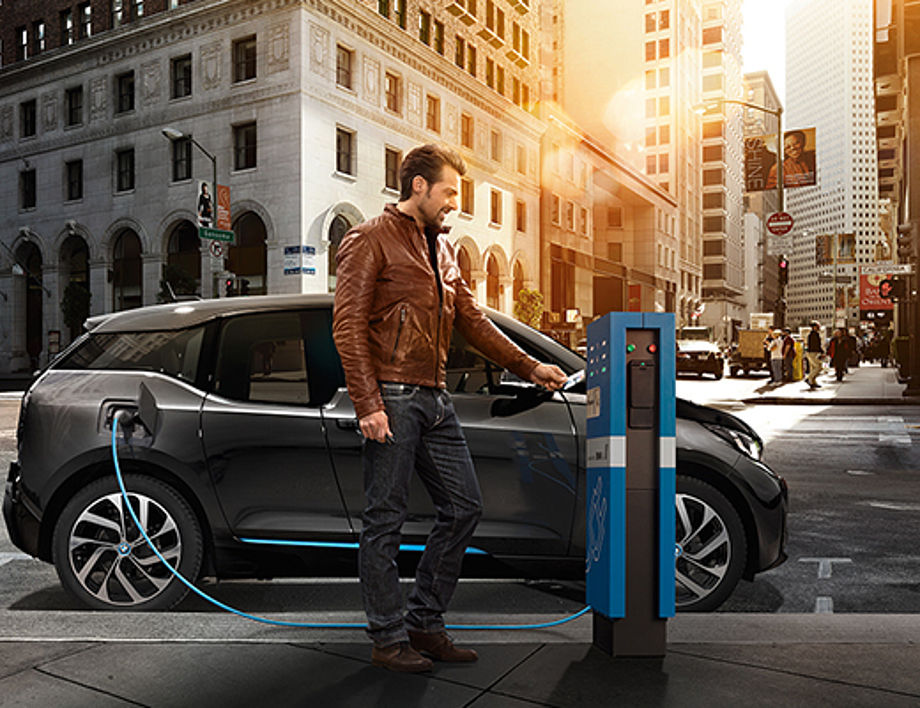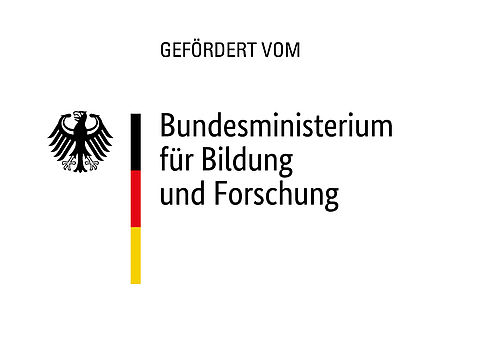BeEmobil: what could make electric cars more popular in Germany?

German car buyers are hesitant when it comes to buying electric vehicles. Academics from the University of Passau have identified the five most common barriers and found a remedy: value-added services. Among other things, the team tested an intelligent fleet management system.
People in Germany are more hesitant than consumers in other countries when it comes to electric mobility. Even a buyers' premium was ineffective in boosting the popularity of electric cars. A team of researchers from the University of Passau, Germany, led by Jan Schumann, Professor of Marketing and Innovation, have identified the five most common perceived barrieres in a representative survey:
- Cost of purchase
- Range of batteries
- Public infrastructure with regard to charging stations
- Unplanned stops due to an empty battery
- Cost of electricity
The researchers found that value-added services and new operating concepts, while insufficient to completely overcome these concerns, can increase the attractiveness of electric mobility. Among the things they tested were a mobile parcel service and a one-month leasing programme. The feedback from participants was positive. ‘The probability of the purchase was significantly increased', the researchers wrote in their report.
‘BeEmobil' is a joint research project of the University of Passau, the Universität der Bundeswehr München and BMW Group. Launched in September 2014, the project is currently at its second stage, the first stage having ended in July 2016. The aim of the project is to develop marketable services that will maximise the number and heterogeneity of electric mobility users.
During the first stage, the researchers tested the following services:
- An intelligent fleet management system: The team collected detailed metrics on the vehicle use by Passau rural district administation staff (see image on the right). Although the fleet included had four electric cars, users tended to book larger, conventional vehicles despite the fact that they could have covered more than 80 percent of the traveled distances with an electric car. The academics increased the utilisation of electric cars by means of an intelligent booking system: users had to specify the planned route when booking. For shorter journeys, the system suggested electric cars to them. In addition, the system showed the users for which distances the car had been booked before. As a consequence, users were able to estimate the charging level of the vehicle at the time of booking.
- A mobile parcel delivery service: electric cars have a luggage compartment that is separate from the rest of the vehicle. Furthermore, they are easier to locate when connecting to charging stations than conventional vehicles. Thus, they possess all the necessary prerequisites for delivering parcels directly into the vehicle. The volunteers said that from their point of view, the service would increase the value of an electric car. 'More specifically, because of their experience with the parcel delivery service, the volunteers now exhibit a clear preference for a vehicle model that can use this service over other vehicle models', the researchers concluded in their final report (download in German).
The sub-project at the University of Passau and funding sources
The University of Passau completed the sub-project 'Service Innovations and Operational Concepts for Electromobility', which was co-ordinated by Jan H. Schumann, Professor of Marketing and Innovation at the University of Passau, by July 2016. The following units of the University of Passau were involved:
- Chair of Marketing and Innovation, headed by Professor Jan H. Schumann
- Centre for Market Research, headed by Dr Stefan Mang
- Institute for Software Systems in Computer Science (FORWISS), headed by Dr Erich Fuchs
The German Ministry of Education and Research (BMBF) provided funding for the project and commissioned the German Aerospace Center (DLR) to supervise the project (Project numbers: 02K12A161, 02K12A163, 02K12A165). Karlsruhe Institute of Technology (KIT) has been in charge of the project since October 2016.
| Principal Investigator(s) at the University | Prof. Dr. Jan Hendrik Schumann (Lehrstuhl für Betriebswirtschaftslehre mit Schwerpunkt Marketing und Innovation), Dr. Stefan Mang (Institut für Markt- und Wirtschaftsforschung) |
|---|---|
| Project period | 01.08.2014 - 31.07.2016 |
| Website | http://www.beemobil.uni-passau.de/das-projekt/ |
| Source of funding |  BMBF - Bundesministerium für Bildung und Forschung |

